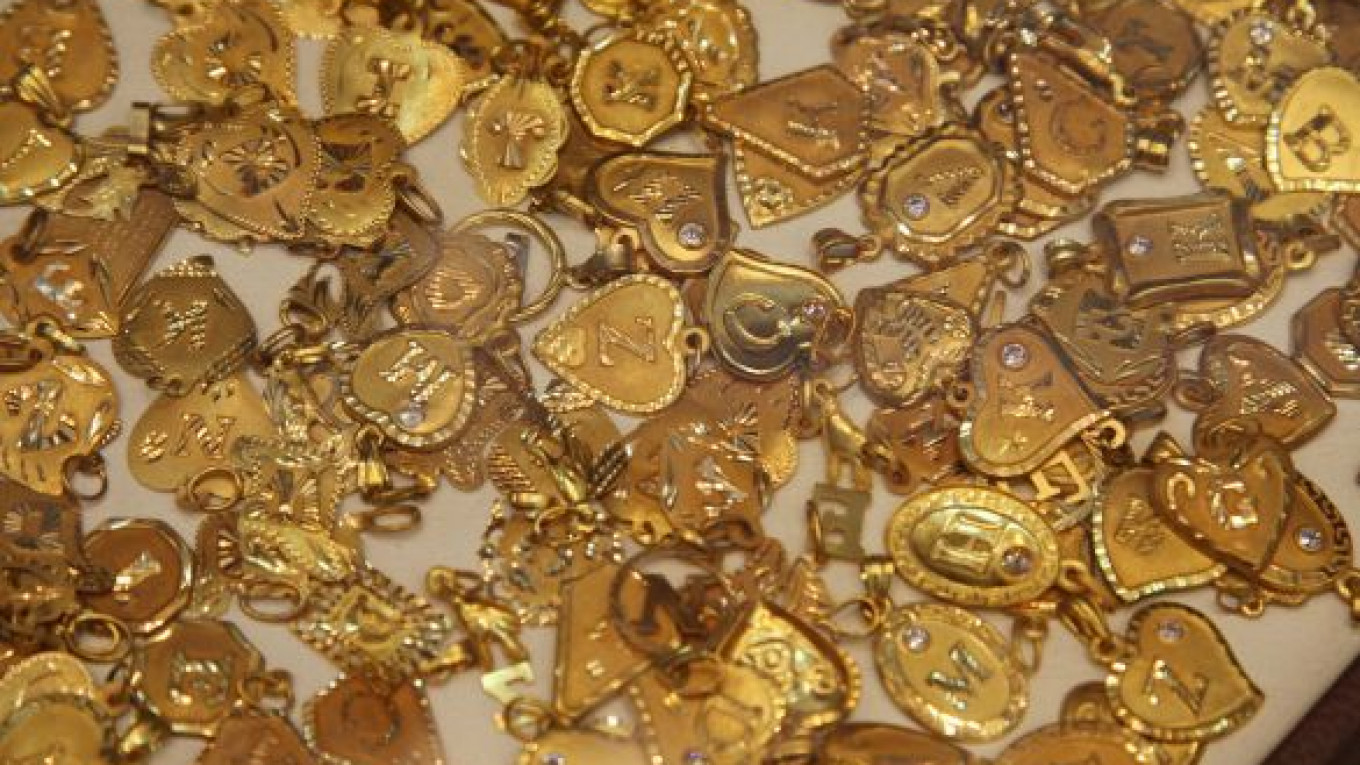Without a breakthrough in Washington's bitterly partisan talks to raise the $14.3 trillion debt ceiling by 6 a.m. Moscow time on Aug. 2, the United States will default — but though the White House has echoed commentators across the globe in describing such a scenario as "catastrophic," market reactions have so far been muted.
Russia, which has about $238 billion in U.S. dollar denominated foreign and gold reserves and trades almost all of its commodities in U.S. dollars, is watching and waiting alongside the rest of the world.
One of the reasons for the inactivity is the very scale of the potential cataclysm.
As one Russian investor, who requested anonymity to speak freely, said, "if the U.S. debt situation is not solved we are all screwed — there will be no winners and losers."
Though the traditionally safe havens of the Swiss franc and gold have seen inflows in recent weeks, the integrated nature of modern economies ensures that there are few places that would remain untouched by a U.S. default.
The failure of the United States to honor its debt obligations, said Thomas Farthofer, lead fund manager of Griffin Eastern European Fund, would have "negative consequences for all capital markets and asset classes — there would be no place to hide."
And the uncharted territory of such a fallout makes it "difficult to forecast what shares should be bought and what should be sold," said Nikolai Podkozov, head of fixed income strategy at VTB Capital.
However, just as most observers are overawed by the potential consequences, most are also of the opinion that the worst will never come to pass, believing that Democratic and Republican politicians in Washington will reach a timely compromise.
In line with this mixed belief in cataclysm and compromise, Central Bank First Deputy Chairman Sergei Shvetsov said Thursday that Russia has no plans to make any rapid changes to its large foreign currency reserves, Reuters reported.
"With a probability of 99.9 percent, we do not expect any problems. The U.S. will remain the benchmark in any case," he said.
But some are hopeful that, even though a deal may be reached on Capitol Hill, the current debate is indicative of long-term problems for the U.S. dollar, which could boost the ruble.
James Cook, founder of private equity fund Aurora Russia, told The Moscow Times that "there has been a lot of talk with currency traders on whether there will be a flight [away from the dollar] to stronger currencies."
President Dmitry Medvedev may be wishing the ruble will be one of these new currencies of choice. Having repeatedly criticized the world's dependence on the U.S. dollar, Medvedev has also argued that the ruble should become an international reserve currency.
Chris Weafer, chief strategist and head of research for ING Bank in Russia, said the wrangling over U.S. debt and the fiscal crises in Europe could be one of the first signs of a shift toward emerging market currencies like the ruble.
"You can start to make the case that there is a lower risk in the fiscally strong and growing emerging markets, whereas the higher risk investment locations are Europe and the United States. … It's a case of turning 180 degrees — the safer place is now the emerging markets rather than Wall Street," he said.
The ruble rose against the dollar during the first half of July, bucking a downward trend since the beginning of 2011, but has weakened in recent days in line with the falling price of oil, Russia's chief export earner.
A Message from The Moscow Times:
Dear readers,
We are facing unprecedented challenges. Russia's Prosecutor General's Office has designated The Moscow Times as an "undesirable" organization, criminalizing our work and putting our staff at risk of prosecution. This follows our earlier unjust labeling as a "foreign agent."
These actions are direct attempts to silence independent journalism in Russia. The authorities claim our work "discredits the decisions of the Russian leadership." We see things differently: we strive to provide accurate, unbiased reporting on Russia.
We, the journalists of The Moscow Times, refuse to be silenced. But to continue our work, we need your help.
Your support, no matter how small, makes a world of difference. If you can, please support us monthly starting from just $2. It's quick to set up, and every contribution makes a significant impact.
By supporting The Moscow Times, you're defending open, independent journalism in the face of repression. Thank you for standing with us.
Remind me later.







